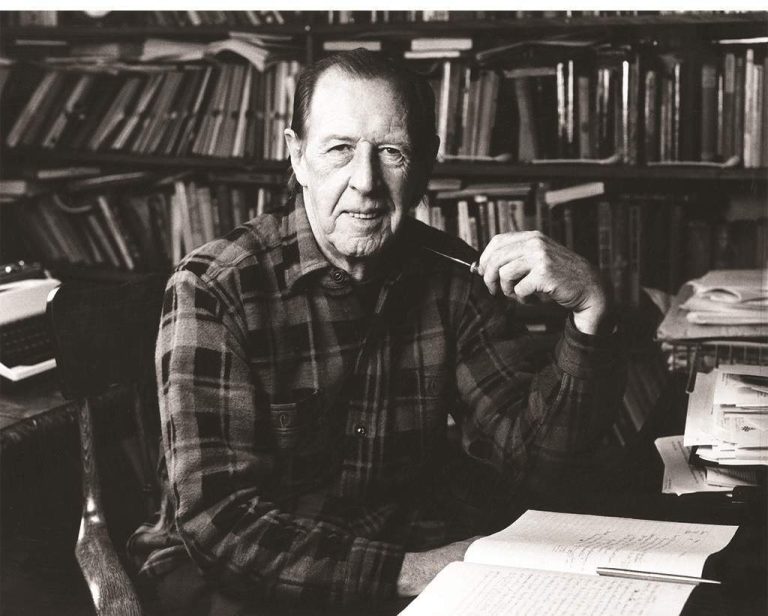Date of Birth: August 31, 1921
Zodiac Sign: Virgo
Date of Death: January 26, 1988
Biography
Raymond Williams was a distinguished Welsh novelist, critic, and academic, renowned for his significant contributions to the field of cultural studies. Born in 1921 in the rural town of Pandy, Monmouthshire, Williams emerged from modest beginnings to become one of the most influential intellectuals of the 20th century. His early experiences in the Welsh countryside profoundly shaped his perspectives, which he later articulated through his extensive body of work. Williams’ most notable novels include “Border Country” (1960), “Second Generation” (1964), and “The Fight for Manod” (1979). Beyond fiction, he was also a prolific essayist and critic, with seminal works like “Culture and Society” (1958) and “The Long Revolution” (1961), which explored the relationship between culture, politics, and the media. An esteemed professor at the University of Cambridge, Williams’ scholarly work laid the foundation for contemporary cultural studies, and his theories on media and communication remain influential. He passed away in 1988, leaving behind a legacy that continues to inspire scholars, writers, and thinkers around the world.
5 Interesting Facts about Raymond Williams
1. Raymond Williams served in the British Army during World War II, which greatly influenced his later writings.
2. He was a member of the Communist Party of Great Britain in his youth, although he later distanced himself from the party.
3. Williams coined the term “cultural materialism,” which became a foundational concept in cultural studies.
4. His book “Keywords: A Vocabulary of Culture and Society” (1976) is a critical reference for understanding the changing meanings of cultural terms.
5. Williams was heavily involved in adult education and was a tutor for the Workers’ Educational Association (WEA).
5 Most Interesting Quotes from Raymond Williams
1. “Culture is ordinary: that is the first fact. Every human society has its own shape, its own purposes, its own meanings.”
2. “To be truly radical is to make hope possible, rather than despair convincing.”
3. “The idea of nature contains, though often unnoticed, an extraordinary amount of human history.”
4. “Realism is not a matter of any fidelity to an empirical reality, but of the discursive conventions by which and for which a sense of reality is constructed.”
5. “In the history of a word, we find the history of a culture.”
Highest Net Worth Achieved
Raymond Williams’ highest net worth is not well-documented, as his primary contributions were in academia and literature, fields not typically associated with substantial financial wealth. However, his intellectual legacy and influence are invaluable.
Children
Raymond Williams had two children: a son named Ederyn Williams, who became a noted academic and telecommunications expert, and a daughter named Merryn Williams, who is a poet and literary critic.
Relevant Links
1. [Raymond Williams Society](http://www.raymondwilliams.co.uk/
2. [Wikipedia – Raymond Williams](https://en.wikipedia.org/wiki/Raymond_Williams
3. [The Guardian – Raymond Williams](https://www.theguardian.com/books/raymond-williams
4. [Britannica – Raymond Williams](https://www.britannica.com/biography/Raymond-Williams


